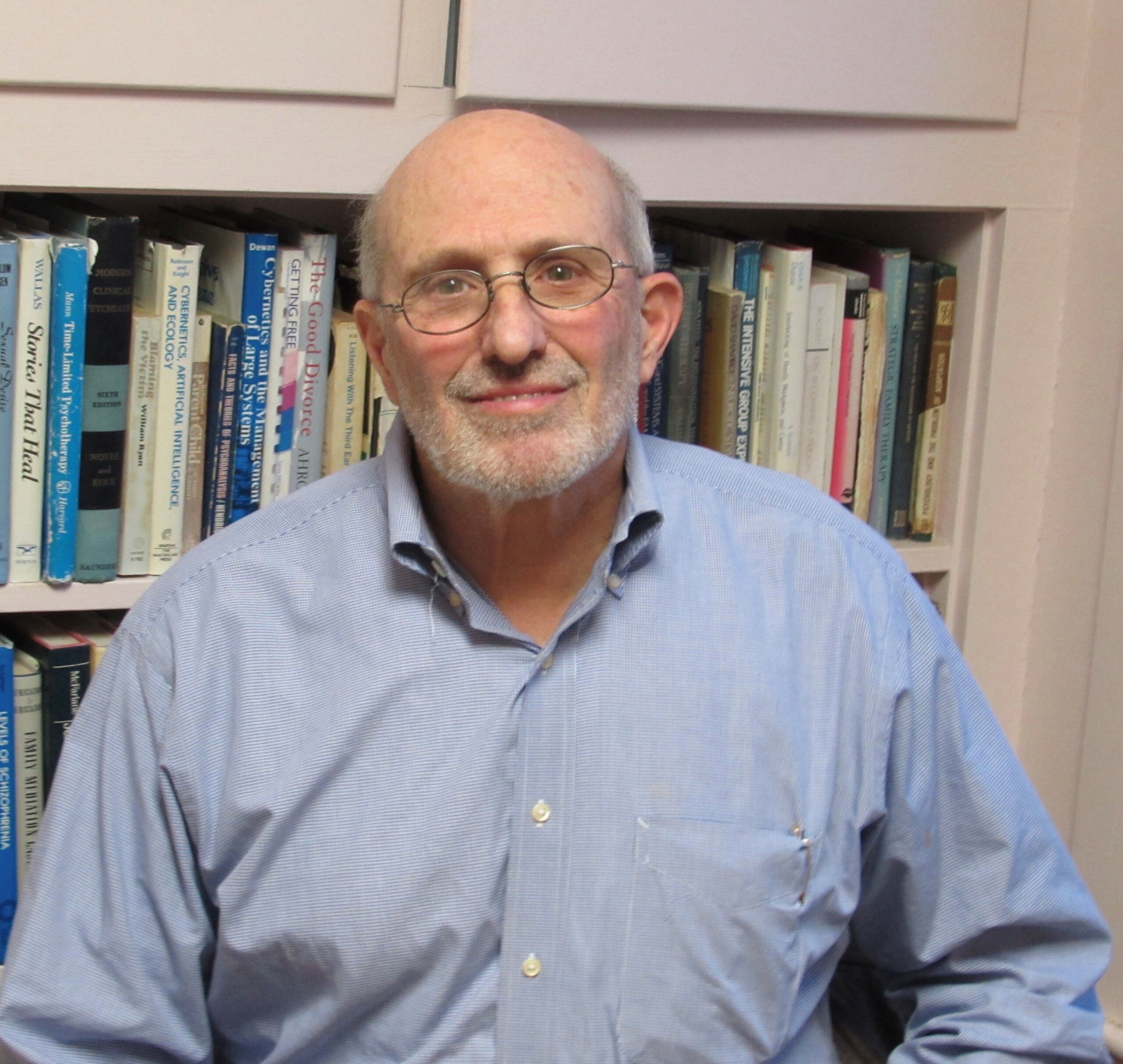TYPE OF THERAPIES OFFERED
My respect for the people I serve and commitment to their empowerment draws me to the Collaborative Therapy of Harlene Anderson, in which client and therapist become joint partners in furthering the change process. I believe that all individuals possess the capacity to change and we work together to build hope and possibilities in the therapeutic process.
The Narrative Therapy of Michael White has also influenced me greatly. Clients are encouraged to re-write their own life stories which may start out as pessimistic and hopeless to ones that contain positive and optimistic outcomes.
My expertise involves couples and family therapy as well as individual psychotherapy.
I incorporate the practice of Mindfulness in my work and find it useful in combatting anxiety and depression as well as promoting an appreciation of the world around us through our five senses. I have developed the acronym POAL—pause, observe, accept, let go—as a guide to mindful practice.
Couple Counselling
Couples counseling, also known as marriage counseling, is a type of counseling for intimate partners.
Family Psychology
Here's the thing; children live in families. This means that if one family member is struggling, it's likely everyone is being impacted in some way. We offer family therapy to help address the impact that everyone's struggles may have on one another
Individual Psychotherapy
Individual Therapy (Psychotherapy) Individual therapy is a joint process between a therapist and a person in therapy. Common goals of therapy can be to inspire change or improve quality of life. People may seek therapy for help with issues that are hard to face alone. Individual therapy is also called therapy, psychotherapy, psychosocial therapy, talk therapy, and counseling. Therapy can help people overcome obstacles to their well-being. It can increase positive feelings, such as compassion and self-esteem.

Hello, I’m ETHAN HARRIS
I’M AN LICSW
From a young age, I have been committed to the potential for human growth and problem-solving. This interest grew in college, where, in addition to pursuing my studies as an English major and running the mile for the University of Rochester track team, I volunteered at a VA psychiatric hospital near Rochester, New York, my first experience with people of severe psychological problems. Later, as a social worker in the US Army Medical Corps, my identity as a therapist solidified and I resolved to pursue professional training.
Upon graduating from Simmons School of Social Work in 1969, I went to work for Jewish Family and Children’s Service in Boston. There I was introduced to family therapy by my supervisor, Yitzhak Bakal.





